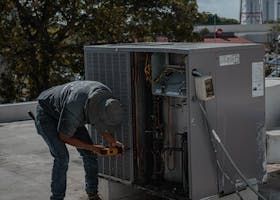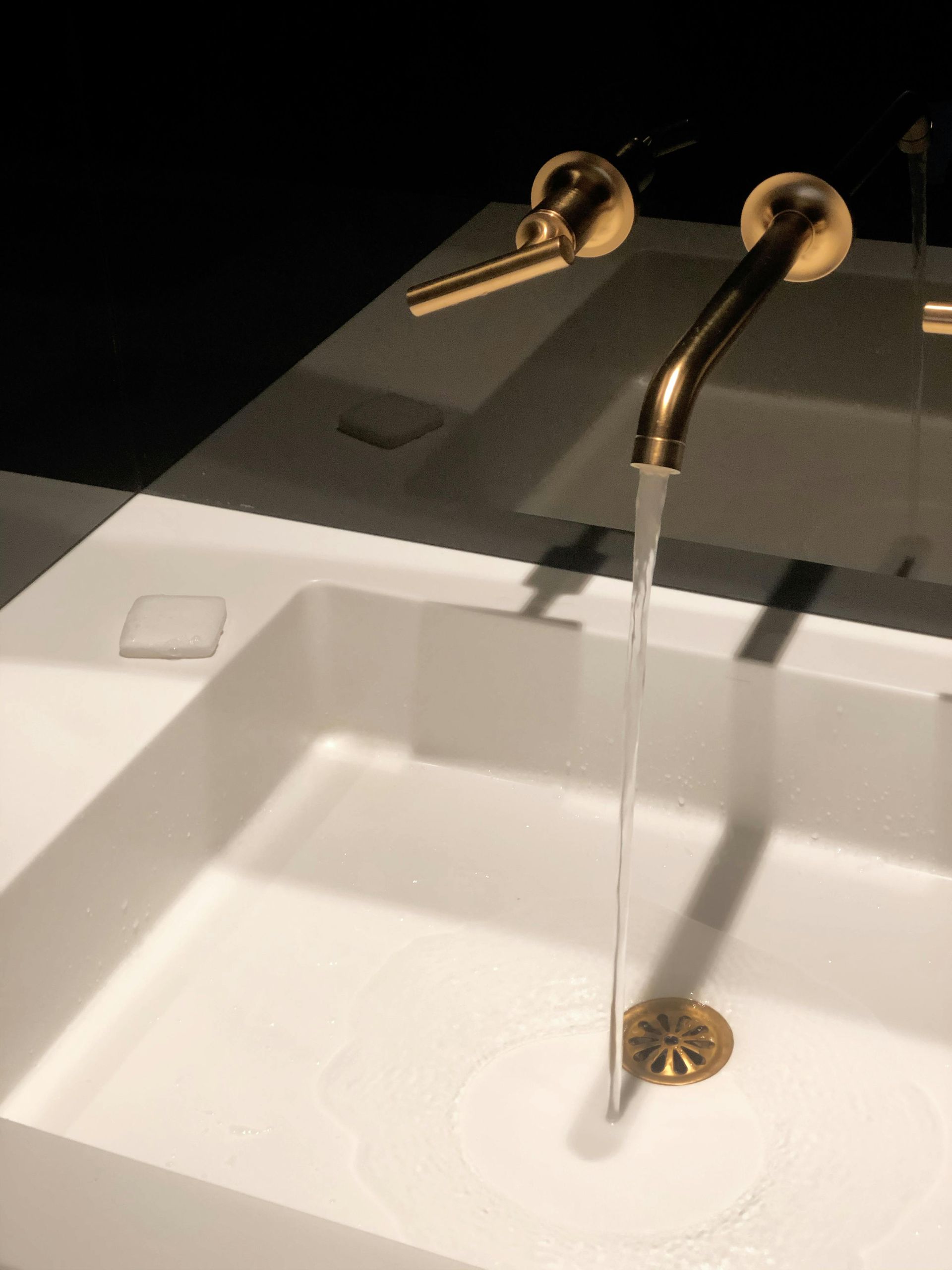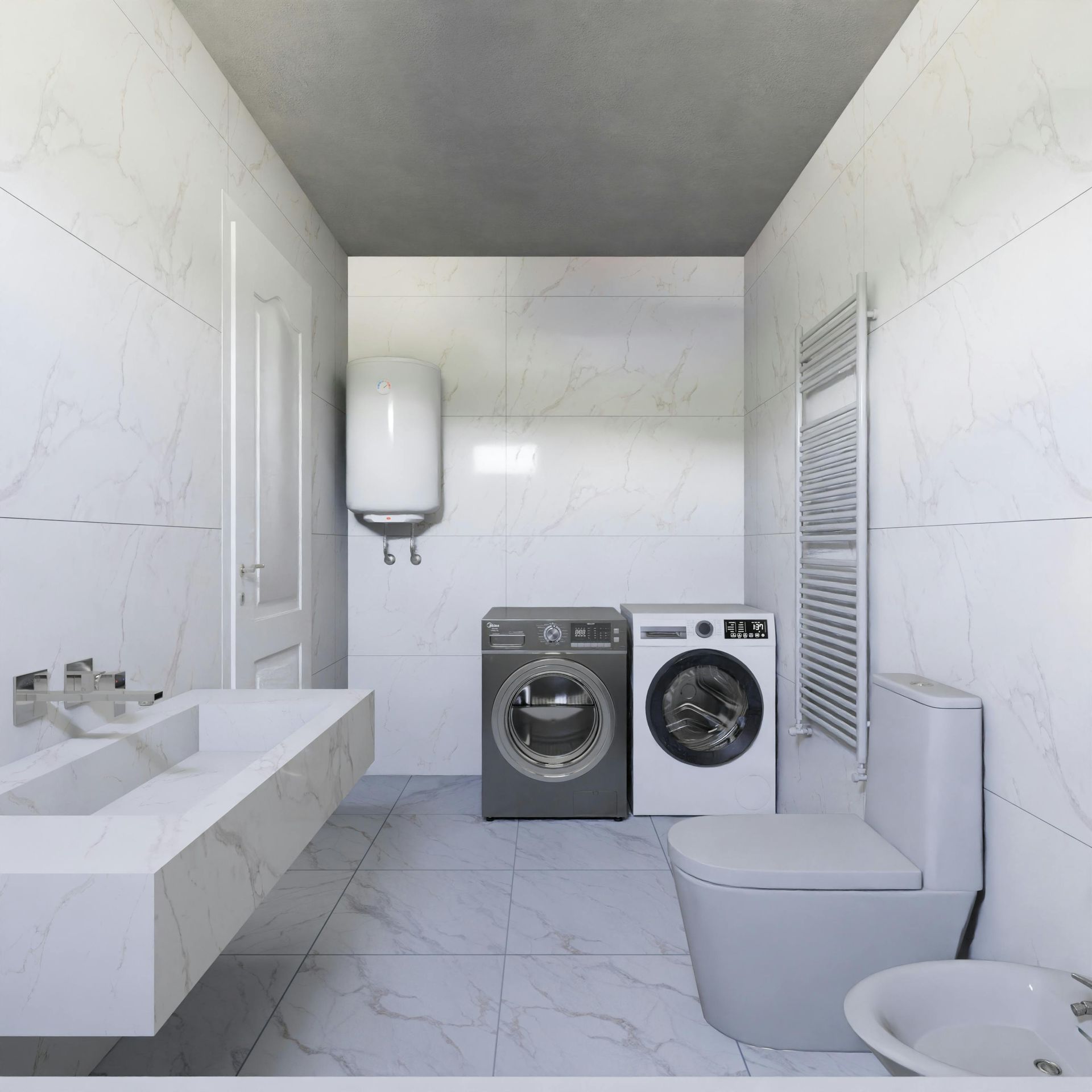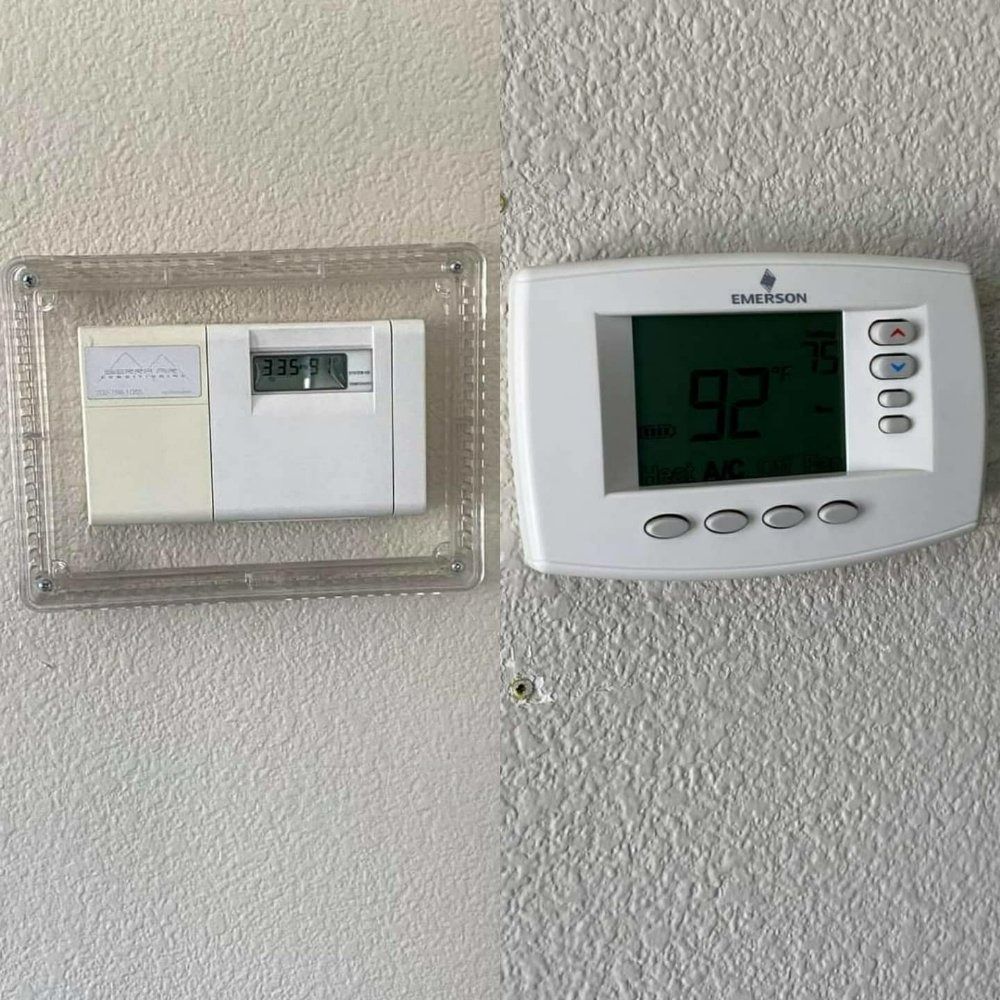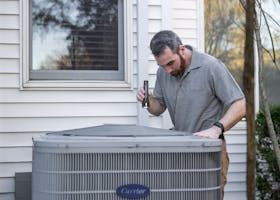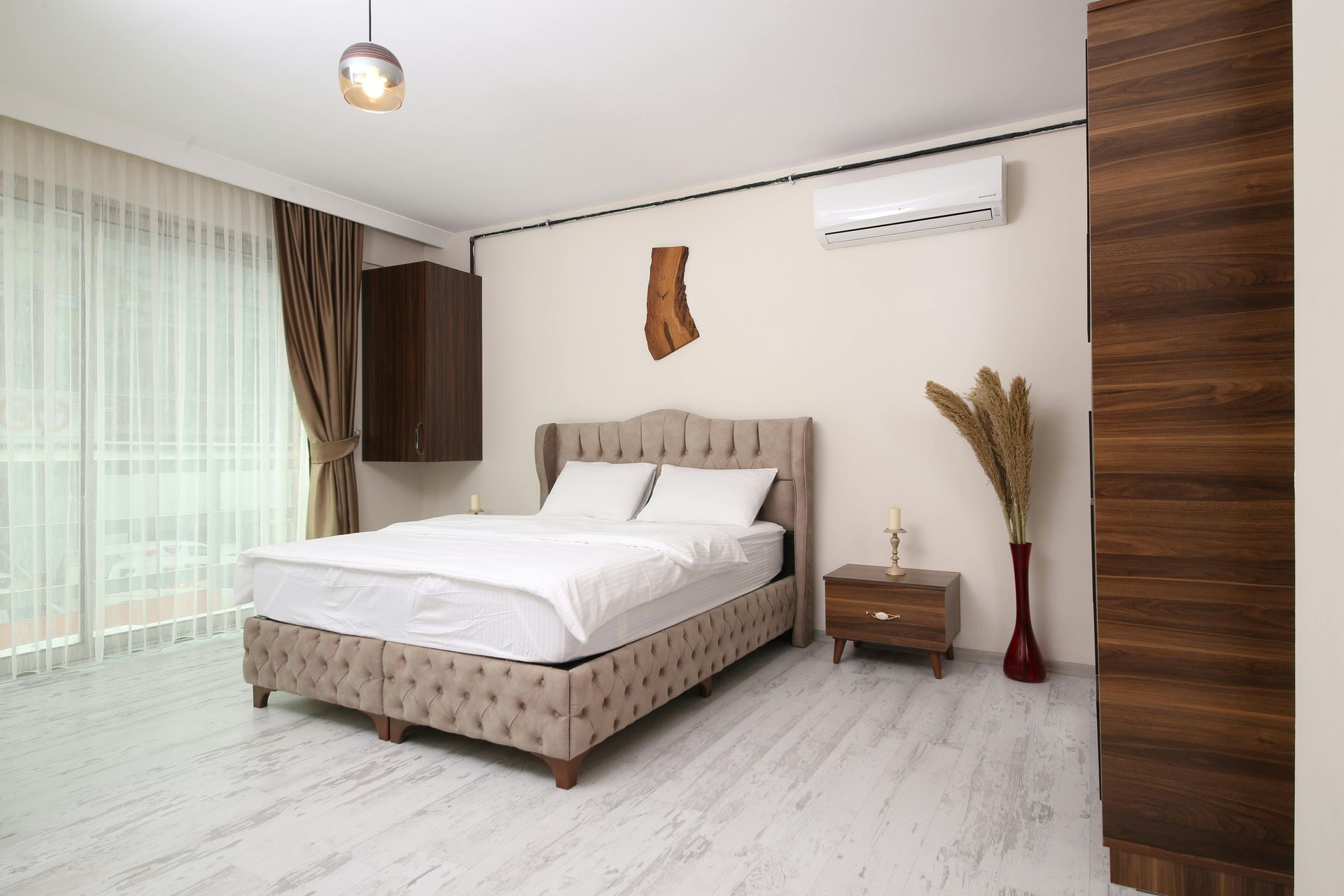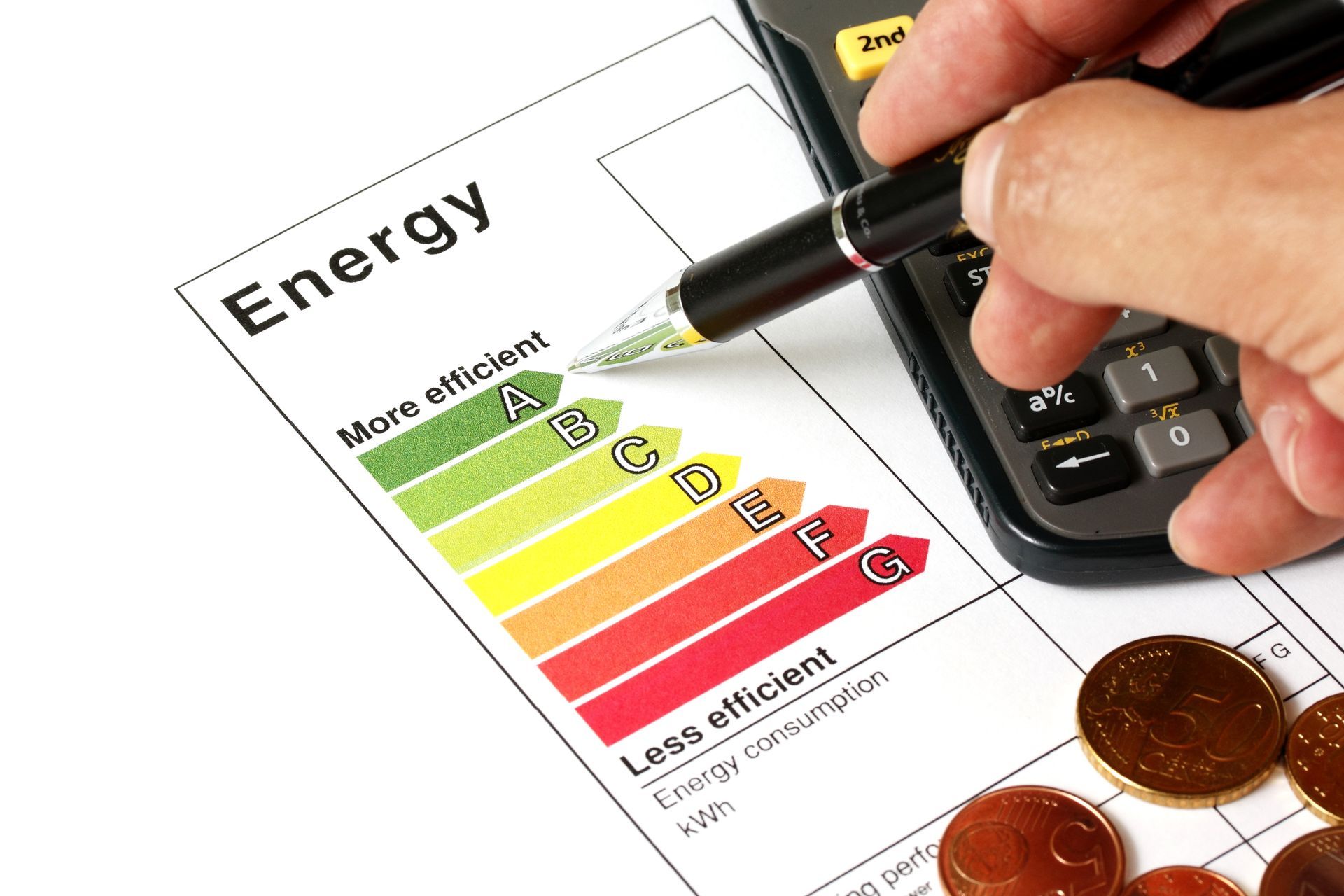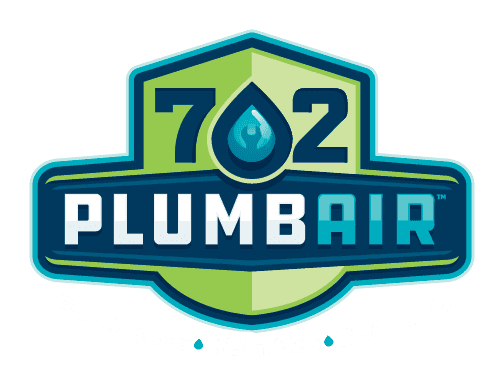Your AC might be cooling your home just fine right now—but how long will it keep doing that? For many homeowners, the lifespan of their air conditioner is something they don’t think about until it’s already on the way out. And let’s be honest—nobody wants to be surprised by a major AC failure in the middle of summer.
Replacing an air conditioning system is a big investment, so it helps to know how long they typically last and what you can do to make yours last longer. Whether you’re wondering if it’s time for a replacement or just want to avoid future breakdowns, this guide can help. Let’s dive into how long air conditioners usually last, the signs yours might be wearing out, and how to get the most life out of your system.
What Affects How Long an Air Conditioner Lasts
Most air conditioners are built to last between 10 to 15 years, but that number isn’t set in stone. Several key factors can make a big difference in how long your system keeps running effectively.
One of the biggest influences is how well the system is maintained. An AC that gets regular tune-ups, cleanings, and filter changes will last much longer than one that’s left to run with dirty coils and clogged filters. Usage habits also matter—a unit that runs constantly in high heat conditions or is oversized or undersized for the space may wear out faster.
Another major factor is the quality of the installation. If your system wasn’t installed correctly or matched to your home’s cooling needs, it may never perform efficiently, causing extra wear on parts. And of course, the environment plays a role—AC units in areas with extreme heat, dust, or humidity often break down sooner than those in milder climates.
If these issues go unaddressed, the consequences can be frustrating: rising utility bills, poor indoor comfort, frequent repairs, and eventually, complete system failure. The good news? Many of these factors are within your control—and we’ll show you how.
Key Signs Your AC Is Near the End
Even a working AC unit can be on its last legs. The trick is recognizing the warning signs early—so you can decide whether it’s time for repairs or a replacement.
Common Signs
- Age of the Unit: If your AC is 10–15 years old, it’s likely reaching the end of its expected lifespan.
- Frequent Repairs: Constant breakdowns or recurring service calls are a strong sign your unit is wearing out.
- Uneven or Weak Cooling: Rooms that feel too warm—or not cool enough—might signal system inefficiency.
- Higher Energy Bills: A sudden spike in your utility costs could mean your AC is working harder than it should.
- Constant Cycling: If your system keeps turning on and off, it may be struggling to maintain your desired temperature.
- Strange Noises or Odors: Grinding, rattling, squealing, or burning smells can indicate serious internal problems.
Causes/Why It Happens
Wear and Tear: Years of use naturally lead to breakdowns in motors, belts, and compressors.
- Lack of Maintenance: Skipping routine care shortens the life of your system and allows small issues to become major ones.
- Dirt and Debris: Dirty coils and clogged filters force your system to work harder, wearing it out faster.
- Failing Parts: Components like capacitors, contactors, or the blower motor can degrade over time.
- Refrigerant Issues: Low or leaking refrigerant can reduce cooling power and stress the compressor.
- Improper Installation: If your system was installed incorrectly or is the wrong size for your home, it can overwork itself trying to compensate.
What You Can Do to Extend AC Life
Want to get the most years out of your air conditioner? With the right combination of simple upkeep and expert support, you can keep your system running stronger for longer.
DIY Maintenance Tips
- Change Filters Regularly: A clean air filter keeps airflow strong and prevents your system from overworking. Replace it every 1–3 months.
- Keep the Outdoor Unit Clear: Remove leaves, grass, or debris from around the condenser to ensure proper airflow.
- Use a Programmable Thermostat: Avoid overcooling your home by setting efficient schedules when you’re asleep or away.
- Check Airflow Around Vents: Make sure vents aren’t blocked by furniture or curtains, and clean any visible dust buildup.
- Inspect Ducts for Leaks or Blockages: If airflow seems weak, damaged or disconnected ducts could be to blame.
When to Call a Professional
- Annual Tune-Ups: A yearly service from an HVAC technician can catch problems early and extend your system’s life.
- Unusual Noises or Smells: Persistent grinding, squealing, or foul odors require expert inspection.
- Refrigerant or Electrical Issues: These are best handled by licensed professionals for safety and accuracy.
- System Not Cooling Properly: If your AC is blowing warm air or struggling to maintain temperature, call for diagnostics.
- Considering a Replacement: If your unit is over a decade old and struggling, a pro can help assess whether it’s time for a new one.
Tips to Maximize Your AC’s Lifespan
A little preventive care can go a long way in helping your air conditioner perform efficiently and last for years. These simple habits can make all the difference:
- Schedule Professional Maintenance Annually: A yearly inspection and tune-up helps catch small issues before they become expensive repairs.
- Keep the Unit Clean: Both indoor and outdoor components should be kept free of dust, dirt, and debris.
- Avoid Overuse: Set your thermostat to a reasonable temperature and avoid running the AC when it’s not necessary.
- Seal and Insulate Your Home: Reduce stress on your system by preventing cool air from escaping through gaps or poorly insulated areas.
- Use Ceiling Fans: Fans help circulate cool air more efficiently, allowing you to raise your thermostat setting without sacrificing comfort.
- Don’t Delay Repairs: If you notice strange behavior, don’t wait—address it early to avoid bigger issues down the road.
Wrap-Up: Know When to Repair, Maintain, or Replace
An air conditioner isn’t something you want to take for granted—especially in the Las Vegas heat. While most AC units last around 10 to 15 years, how long yours actually lasts depends on how well you take care of it. Paying attention to signs of wear, staying on top of maintenance, and knowing when to call in the pros can help you avoid surprises and stay comfortable all year long.
Whether your system is starting to show its age or you just want to make sure it lasts as long as possible, 702 PlumbAIR is here to help. Our expert team can assess your AC’s condition, provide reliable repairs, and offer honest advice on replacements when the time comes. Contact 702 PlumbAIR today to keep your cool—and your comfort—going strong.

